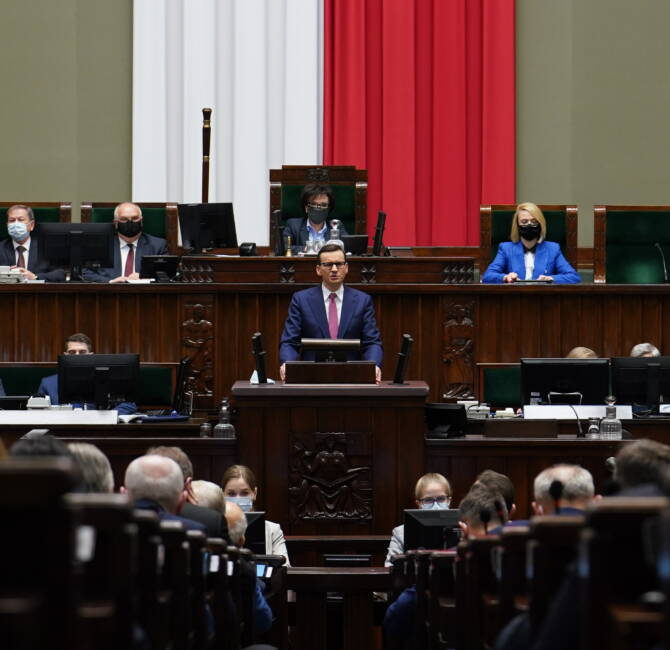Slovenia – Slovenian Prime Minister Miro Cerar resigned on Wednesday, March 14, after the Constitutional Court declared invalid the referendum of September 2017 about a strategic railway project. A success of the NGOs.
In September 2017, the Slovenes had to decide on a 27 km railway project linking Divača to Koper, the main port of the country. This project is part of the country’s Progressive Prime Minister Miro Cerar’s plan, a 54-year-old jurist who has been in power since 2014. During his mandate, Slovenia recovered economically from the crises it experienced in 2012 and 2013. because of difficulties in its banking sector and achieved a growth of 5% of its GDP in 2017.
But the Constitutional Court declared invalid the referendum of September because the Prime Minister’s Office used public funds to finance the referendum campaign.
Miro Cerar’s Modern Center Party (PCM) has declined in polls to reach about 6% support four months ahead of the upcoming elections. Following the resignation of the Prime Minister and his government, it is up to the President of the Republic Borut Pahor to call or not early elections. The current situation could lead to a political destabilization of the country.
Behind the erosion of Miro Cerar’s power are several factors. The most ostensible is the increase in the disinterestedness of politics and abstention. The government of Miro Cerar has disappointed many Slovenians by not opposing immigration as their Hungarian and later their Austrian neighbors did. At present, Slovenia has accepted 244 migrants as part of the redistribution desired by Brussels and Berlin. 60 more are expected to be relocated this year.
Another concern for Miro Cerar has been his own coalition: the Prime Minister accused his partners of “sabotaging several projects” recently. For the resigning Prime Minister, “some people do not want Slovenia to develop”.
The NGOs and the opposition together, against the government
In September, the NGOs sounded the alarm: they considered themselves in danger following the reactions not to their taste of the government, after these same NGOs tried to sabotage an industrial project. From there, the Progressive Miro Cerar became the NGO’s bugbear: in November, the expulsion of a Syrian migrant triggered a campaign against him by “civil organizations”. And the opposition seized the opportunity. Former Prime Minister Janez Jansa has been leading the opposition hand in hand with NGOs.
In December, Hungary’s participation in the $ 1 billion rail project again led to anger among NGOs, prompting the government to justify itself. According to the NGOs, this project and the sum at stake could “lead to corruption”. Following the procedures launched by the NGOs and the opposition, the Constitutional Court finally decreed that the government’s campaign was not in accordance with the rules, thus invalidating the vote, which was nevertheless favorable to the government’s plan. A new referendum will have to take place on the subject: but it will be without the government that had carried the strategic project.




